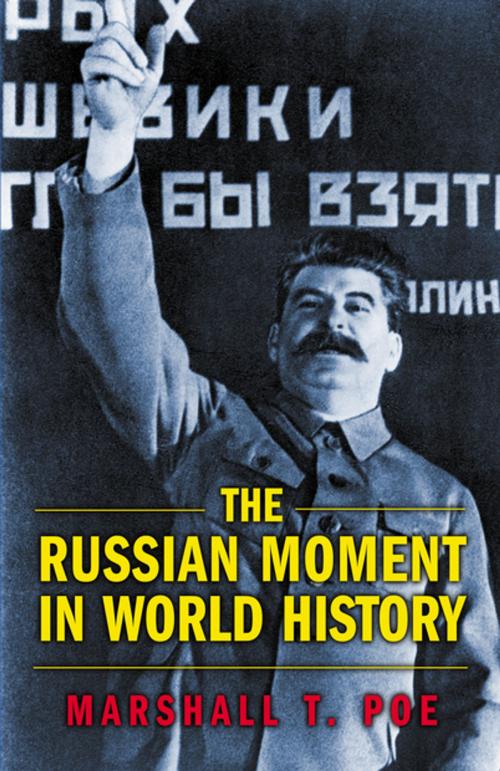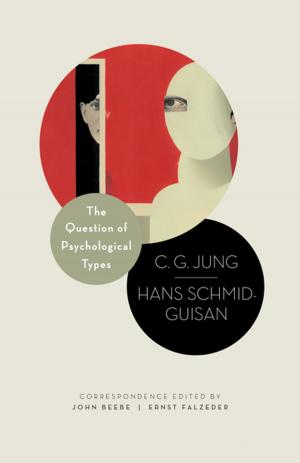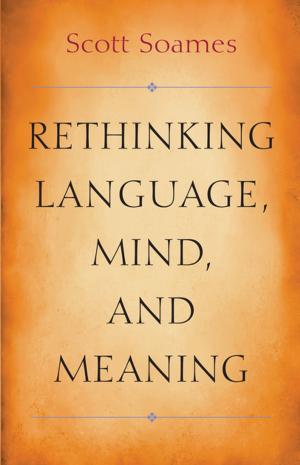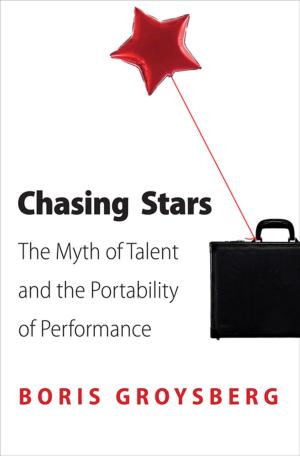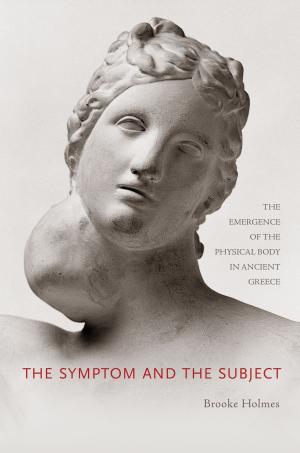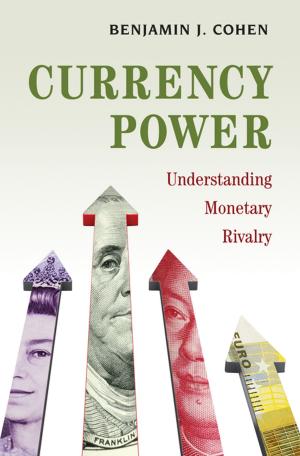| Author: | Marshall T. Poe | ISBN: | 9781400840755 |
| Publisher: | Princeton University Press | Publication: | June 27, 2011 |
| Imprint: | Princeton University Press | Language: | English |
| Author: | Marshall T. Poe |
| ISBN: | 9781400840755 |
| Publisher: | Princeton University Press |
| Publication: | June 27, 2011 |
| Imprint: | Princeton University Press |
| Language: | English |
Is Russian history one big inevitable failure? The Soviet Union's demise and Russia's ensuing troubles have led many to wonder. But this is to look through a skewed prism indeed. In this provocative and elegantly written short history of Russia, Marshall Poe takes us well beyond the Soviet haze deep into the nation's fascinating--not at all inevitable, and in key respects remarkably successful--past.
Tracing Russia's course from its beginnings to the present day, Poe shows that Russia was the only non-Western power to defend itself against Western imperialism for centuries. It did so by building a powerful state that molded society to its military needs. Thus arose the only non-Western path to modern society--a unique path neither "European" nor "Asian" but, most aptly, "Russian."
From the fifteenth to the eighteenth centuries, Russia prevailed despite unparalleled onslaughts by powerful Western armies. However, while Europe nurtured limited government, capitalism, and scientific and cultural revolution, early Russian society cultivated autocracy and command economics. Both Europe and Russia eventually created modern infrastructures, but the European model proved more productive and powerful. The post-World War I communist era can be seen as a natural continuation of Russia's autocratic past that, despite its tragic turns, kept Russia globally competitive for decades.
The Russian moment in world history thus began with its first confrontations with Europe in the fifteenth century, and ended in 1991 with the Soviet collapse. Written with verve and great insight, The Russian Moment in World History will be widely read and vigorously debated by those who seek a clear and unequivocal understanding of the complex history that has made Russia what it is today.
Is Russian history one big inevitable failure? The Soviet Union's demise and Russia's ensuing troubles have led many to wonder. But this is to look through a skewed prism indeed. In this provocative and elegantly written short history of Russia, Marshall Poe takes us well beyond the Soviet haze deep into the nation's fascinating--not at all inevitable, and in key respects remarkably successful--past.
Tracing Russia's course from its beginnings to the present day, Poe shows that Russia was the only non-Western power to defend itself against Western imperialism for centuries. It did so by building a powerful state that molded society to its military needs. Thus arose the only non-Western path to modern society--a unique path neither "European" nor "Asian" but, most aptly, "Russian."
From the fifteenth to the eighteenth centuries, Russia prevailed despite unparalleled onslaughts by powerful Western armies. However, while Europe nurtured limited government, capitalism, and scientific and cultural revolution, early Russian society cultivated autocracy and command economics. Both Europe and Russia eventually created modern infrastructures, but the European model proved more productive and powerful. The post-World War I communist era can be seen as a natural continuation of Russia's autocratic past that, despite its tragic turns, kept Russia globally competitive for decades.
The Russian moment in world history thus began with its first confrontations with Europe in the fifteenth century, and ended in 1991 with the Soviet collapse. Written with verve and great insight, The Russian Moment in World History will be widely read and vigorously debated by those who seek a clear and unequivocal understanding of the complex history that has made Russia what it is today.
